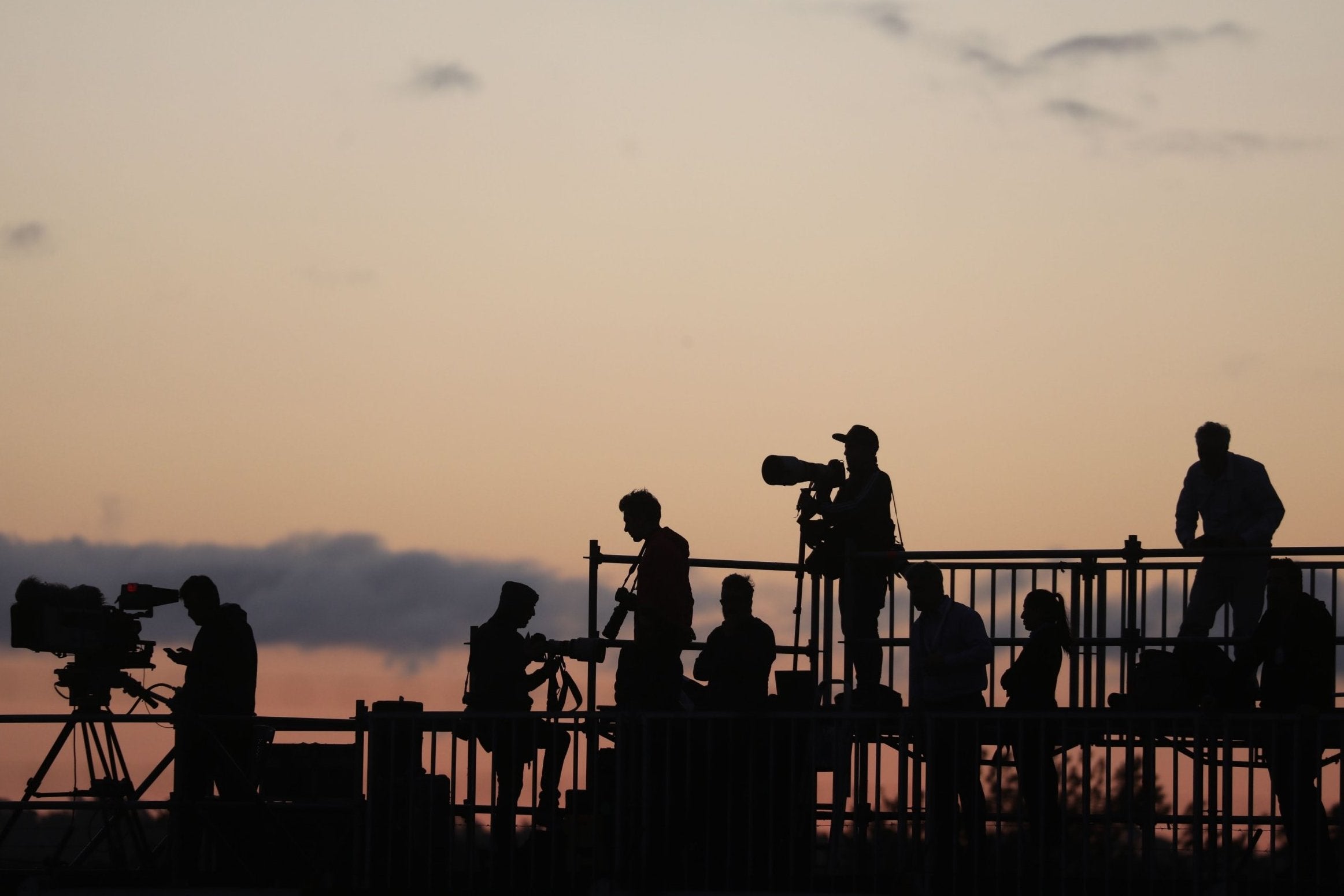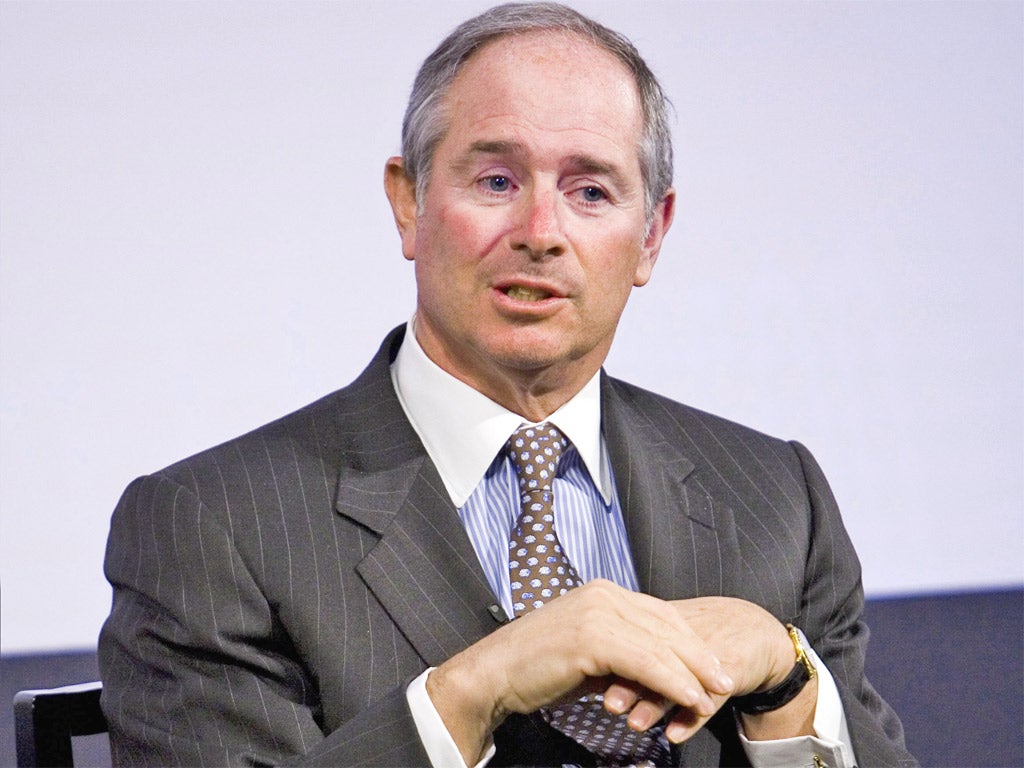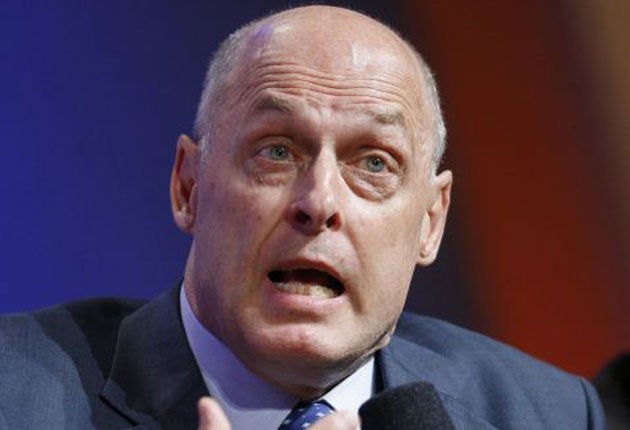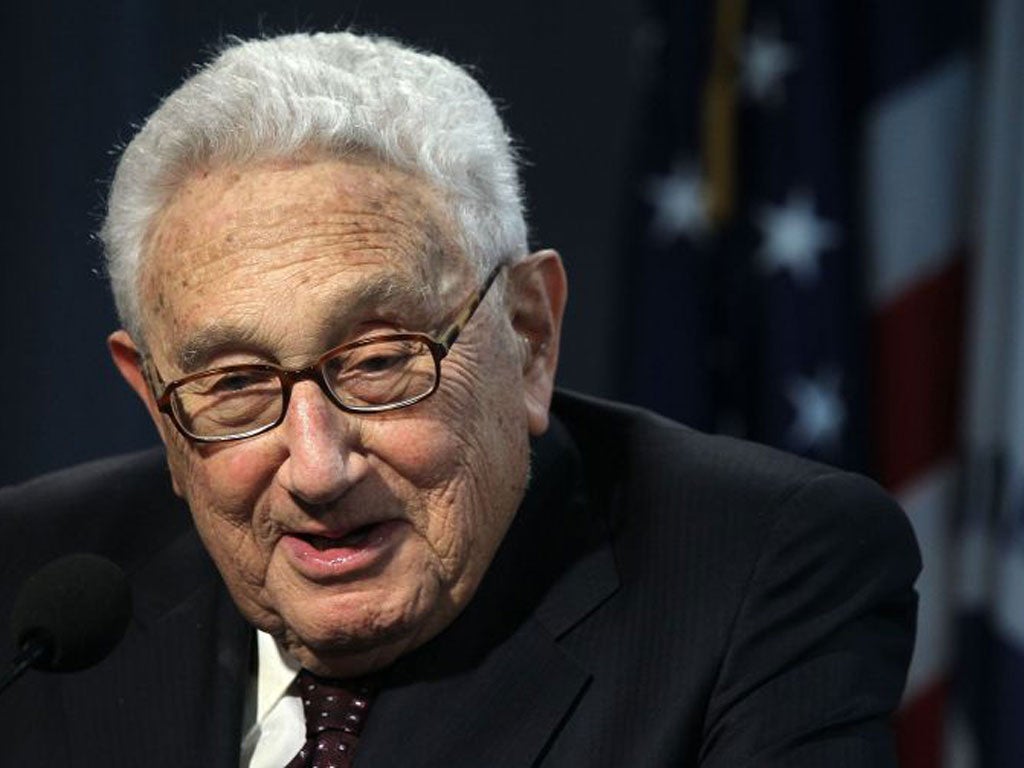G20 summit: Here are the private sector powerbrokers who influence things behind the scenes
Donald Trump’s trade advisor Peter Navarro has launched an attack on 'unpaid foreign agents' and their 'so-called diplomacy'. Who was he talking about, asks Ben Chu? And how much influence do these individuals really have?


Your support helps us to tell the story
From reproductive rights to climate change to Big Tech, The Independent is on the ground when the story is developing. Whether it's investigating the financials of Elon Musk's pro-Trump PAC or producing our latest documentary, 'The A Word', which shines a light on the American women fighting for reproductive rights, we know how important it is to parse out the facts from the messaging.
At such a critical moment in US history, we need reporters on the ground. Your donation allows us to keep sending journalists to speak to both sides of the story.
The Independent is trusted by Americans across the entire political spectrum. And unlike many other quality news outlets, we choose not to lock Americans out of our reporting and analysis with paywalls. We believe quality journalism should be available to everyone, paid for by those who can afford it.
Your support makes all the difference.The G20, in its current form, was founded during the financial crisis a decade ago. It was supposed to be a new, more expansive, multilateral forum for world leaders representing most of the world’s economy and its population to meet face-to-face, co-operate and resolve urgent problems.
Those 20 leaders (and more) gather in Buenos Aires this week. On the agenda will be the US-China trade war, Russian aggression in Ukraine and how to deal with Saudi Arabia in the wake of the killing of Jamal Khashoggi.
And there’s mounting speculation that a meeting between Donald Trump and his Chinese counterpart Xi Jinping on Saturday could be a moment that sees either a historic ceasefire of trade hostilities between the world’s two largest economies or a further escalation.
But there’s action behind the scenes too.
Donald Trump’s trade advisor Peter Navarro earlier this month launched an extraordinary attack on what he described as “unpaid foreign agents” and their “so-called diplomacy” who he suggested were interfering in the US-China trade conflict.
“If Wall Street is involved and continues to insinuate itself into these negotiations, there will be a stench around any deal that’s consummated because it will have the imprimatur of Goldman Sachs and Wall Street,” he raged.
Who was Mr Navarro talking about? What’s their interest in the dispute? And how much influence do these individuals really have?
STEPHEN SCHWARZMAN

Schwarzman is one of the most powerful figures in finance.
He founded a private equity firm called the Blackstone Group in the 1980s with a former chair of Lehman Brothers.
Blackstone, which has $457bn of assets under management, has generated a personal fortune for the 71-year-old valued at $13bn. When Blackstone listed on the US stock market in 2007 a 10 per cent stake was taken by the China’s sovereign wealth fund.
And Blackstone has had extensive financial dealings with China, with its funds selling more than $30bn of investments to Chinese companies over the past five years.
In a 2017 regulatory filing Blackstone warned that Trump’s stance on China threatened its portfolio.
“Changes to international trade agreements or the imposition of tariffs or other trade barriers could increase costs, decrease margins, reduce the competitiveness of products and services offered by current and future portfolio companies and adversely affect the revenues and profitability of companies whose businesses rely on goods imported from outside of the US,” it said.
Another link is a “Schwarzman Scholars” programme, where he funds US and students from the rest of the world to study in China to “build stronger links between China and a rapidly changing world”.
According to sources cited by the Financial Times, Schwarzman, a Trump backer, spent a week in September attempting to revive US-China trade talks.
This was reportedly done with the knowledge and support of Trump, but not Navarro, which no doubt explains the adviser’s anger.
HANK PAULSON

He rose to be chief executive of Goldman Sachs, partly on the back of winning lucrative business for the Wall Street bank in China in the 1990s.
Then, as Goldamites often do, he glided into government, becoming George W Bush’s Treasury Secretary, where he tried to cope with the global financial crisis.
The 72-year-old is now chair of the Paulson Institute, which describes its mission as being to “strengthen US-China relations”.
He is also on the Schwarzman Scholars scheme advisory board.
Paulson is said to have decent access to Chinese policymakers and in a much-reported speech earlier this month, Paulson urged Trump to “dial down the rhetoric and accept that “strategic competition as a fact.
But, diplomatically, he also told China “to look hard at some of its choices and policies” and said that “If China doesn’t move quickly, I suspect the calls for divorce will intensify”.
MICHAEL BLOOMBERG

The former investment banker made a fortune (now estimated at $52bn) selling information terminals to financial firms. Then he became a Republican Mayor of New York and has looked at a possible run for the Presidency.
This year the 76-year-old launched a New Economy Forum, designed to be a rival to the World Economic Forum’s Davos, partnering with the China Center for International Economic Exchanges. The Chinese think tank is overseen by the Chinese planning ministry.
Mr Bloomberg’s forum held its first meeting in Singapore (it was originally going to be in Beijing) earlier this month and the keynote speech was given by Wang Qishan, the Chinese vice-President.
HENRY KISSINGER

Richard Nixon’s national security advisor played a historic role in opening up Communist China to the world in the 1970s, when he set up a meeting between the US President and Mao Zedong.
Despite his great age – 95 – Kissinger is still seen as a vastly important US figure in Chinese government circles.
He is chairman of Kissinger Associates, a consulting firm that does work for companies with interests in China.
He helped Mr Bloomberg establish his New Economy Forum and may have had a hand in persuading the Chinese to co-operate in the venture.
Kissinger, along with Paulson, is on the Schwarzman Scholars’ advisory board.
In 2011 Kissinger wrote a book called On China in which he argued that a breakdown of US-China relations would “arrest progress for a generation on both sides of the Pacific”.
Will their conciliation efforts work?
“There is a good possibility that a deal can be made [in Buenos Aires], and that he [the president] is open to that,” said Trump’s current economic adviser Larry Kudlow this week.
But there have been last-minute blow-ups before. Previous attempts by Schwarzman to get Trump to meet Chinese officials have failed. And Gary Cohn, one of Trump’s previous advisors from Goldman Sachs, failed to prevent Trump launching his China trade war.
If there is a trade war armistice it’s possible that a large share of the credit should go to these “unpaid foreign agents” with Wall Street connections, but given the lack of transparency about their behind-the-scenes manoeuvring it will, of course, be hard to know how much.
Join our commenting forum
Join thought-provoking conversations, follow other Independent readers and see their replies
Comments